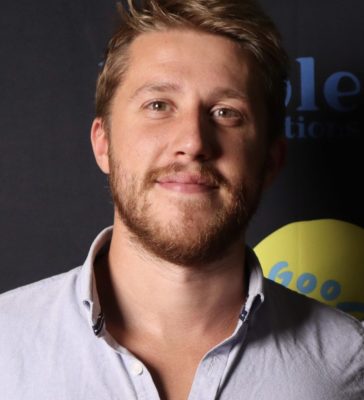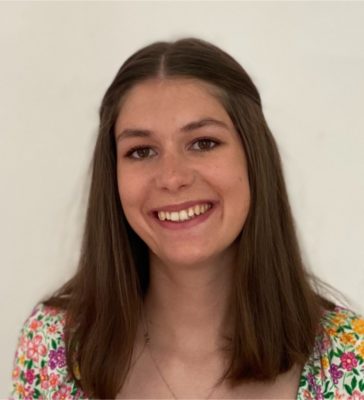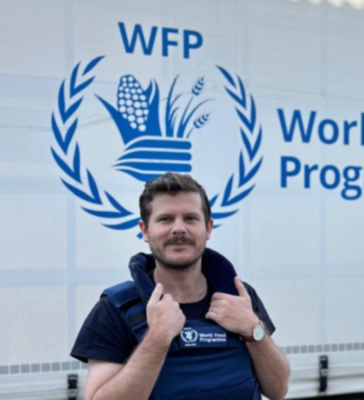
Sam Westcott
Current Employer/Organisation Name
Centre for the Environment, Fisheries and Aquaculture Science (Cefas)
I am a Fish Health Inspector at Cefas. The Fish Health Inspectorate aims to protect the health of fish and shellfish in the UK ensuring our ability to trade internationally. We do this through a programme of inspections, disease investigations, enforcement, export/import control and collaboration between the other relevant bodies such as the Environment Agency, Marine Management Organisation, Inshore Fisheries and Conservation Authority, Natural England and Department for Environment, Food and Rural Affairs. As a member of the field team, I spend most of my time out travelling the country visiting sites and taking samples. I’ve also been involved in the Clean Seas Environment Monitoring Programme on board the RV Cefas Endeavour taking samples from fish in our coastal waters.
Why did you choose to study Zoology at Exeter?
Course wise, I knew that I was always going to end up on a zoology degree. Growing up on a trout farm in the Yorkshire Dales I was immersed in nature from day one. When I wasn’t running around on the moors chasing things, I was crawling through streams – studying zoology didn’t really feel like a decision, more just a natural progression from what I’d always done as a kid. Why Exeter specifically? I was pretty set on Sheffield until the open day which was partly spent on the beach in the sun while it was snowing back home in Yorkshire. I never looked back!
What was your biggest highlight from your degree?
The lecturers teaching us. Personable and genuine, yet clearly excellent in their respective fields. Another is the location of the course itself, with easy access to the unique Cornish coastline and wild spaces. I also appreciated how this was folded into many modules on the course.
What have you been doing since you left Exeter and what are you doing now?
After graduating I did some travelling through the US, Mexico, down to Costa Rica and everything in between. I washed up back in the UK for brief a stint as a lumberjack, returned to fish farming and then Stannary bar back in Penryn. I started my masters in Aberdeen studying Fisheries and Marine ecology and focused my dissertation on salmonid aquaculture and genetics. My first role at Cefas was in the Lowestoft lab, in the radiochemistry team testing radionuclide levels in our environment before moving to Weymouth for my current role as a Fish Health Inspector.
What’s your favourite part of your role at Cefas?
The independence. For the most part, I decide when I go where. I have my programme of visits to fish farms to complete within a certain timeframe and it’s my responsibility to see them done, but I get to choose how I accomplish this. I don’t spend much time in an office, and I really appreciate the variety of work we get to do.
What skills and experiences from your degree have been most useful for your career/current role?
I think the introduction to academia gave me a foundation in this space to go into a scientific organisation. There are methods of collaboration, ways of speaking and certainly ways of working that are consistent throughout the scientific landscape and Exeter introduced me to that.
What advice would you give to a current student who wishes to pursue your career?
I think as a student the most useful thing you can do is find what your skills are, what sets you apart or interests you and then try to maximise this. For me, it was utilising my upbringing on fish farms and making the most of this practical experience with highly regarded degrees like the one at Exeter to give me the academic skills I needed to enter a more scientific world.

